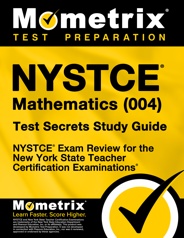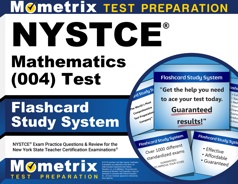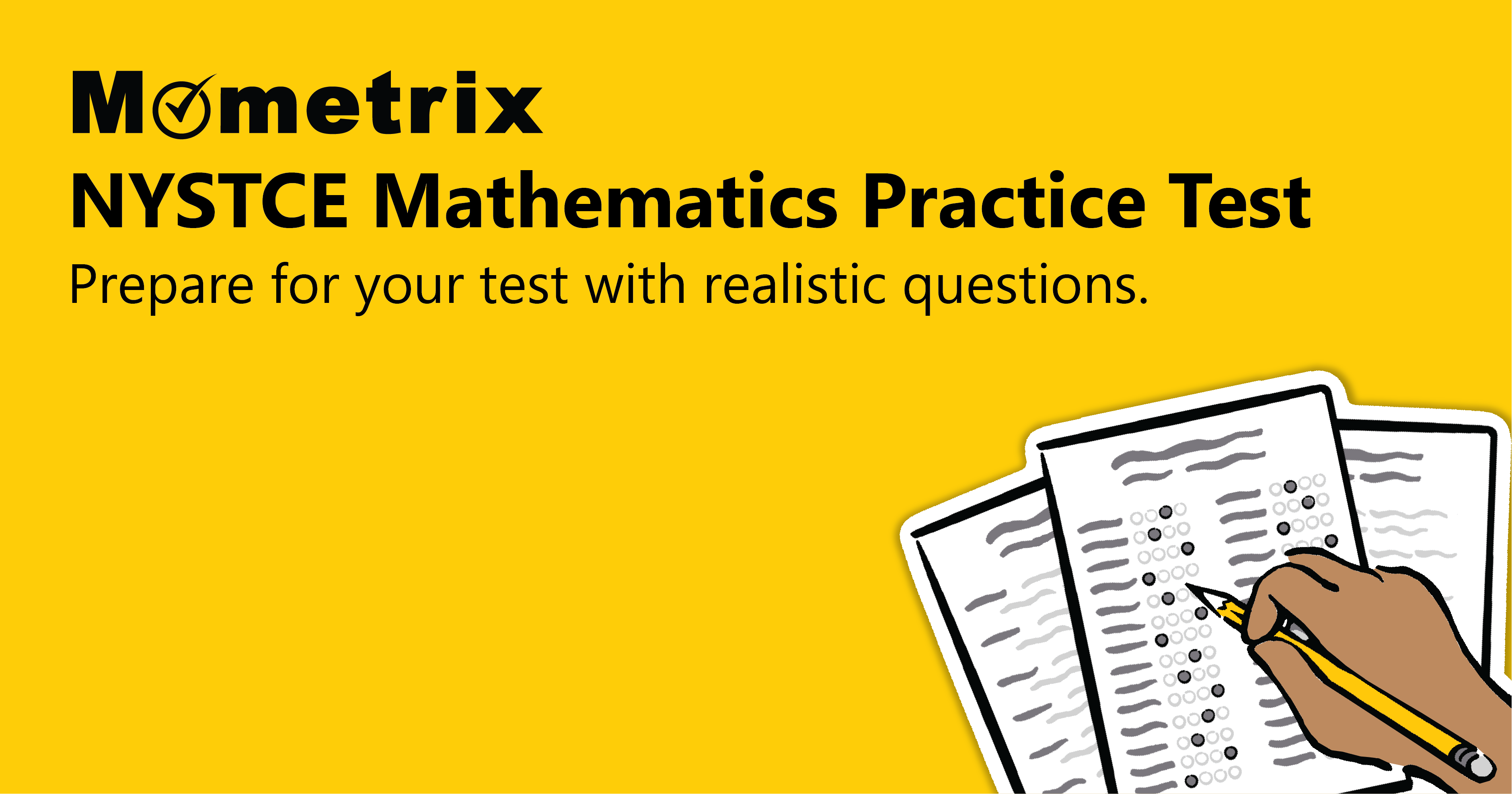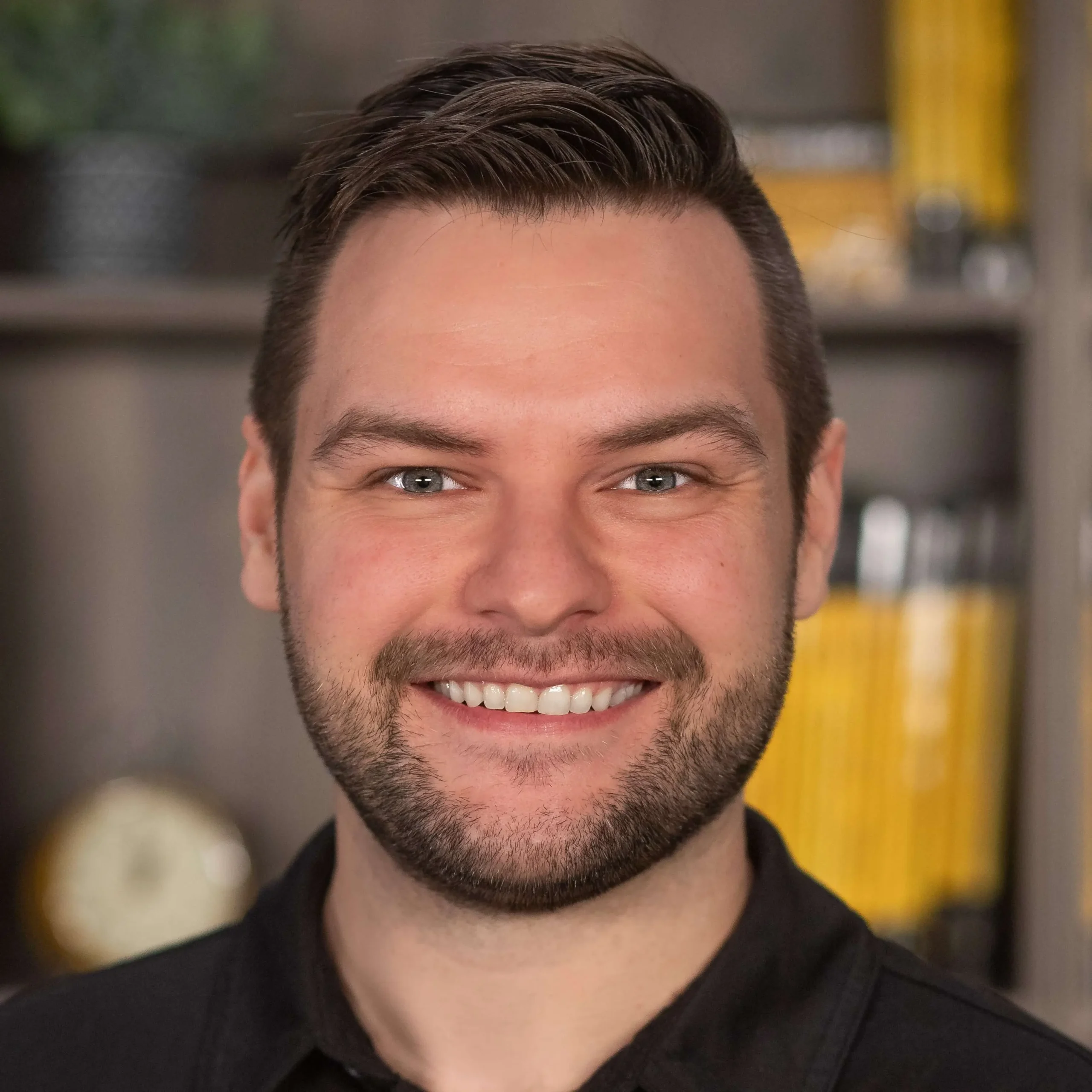The New York State Teacher Certification Exams program (NYSTCE) was designed for teachers in New York State to ensure proficiency in specific educational areas. The NYSTCE Mathematics exam is designed for candidates entering the teaching field in middle or high school mathematics.
Click “Start Test” above to take a free NYSTCE Mathematics practice test!
NYSTCE Math Exam Outline
The NYSTCE Mathematics exam contains 90 selected-response questions and one constructed-response question, and you will be given a time limit of 3.5 hours.
The exam is split into seven competencies:
1. Number and Quantity (9 questions)
The questions in this competency assess your knowledge of the concepts of number and quantity, the properties of arithmetic operations involving real numbers, and the properties of operations involving matrix and vector representations and complex numbers.
2. Algebra (23 questions)
The questions in this competency assess your knowledge of the use of numbers, operations, symbols, and notation conventions to model and solve mathematical and real-world problems.
3. Functions (19 questions)
The questions in this competency assess your understanding that functions are descriptions of situations in which one quantity depends on another, usually in the form of algebraic expressions.
4. Calculus (11 questions)
The questions in this competency assess your knowledge of the fundamental concepts of calculus and how to solve mathematical and real-world calculus problems.
5. Geometry and Measurement (17 questions)
The questions in this competency assess your knowledge of the relationships between geometric objects in diverse contexts and your ability to apply the properties of dimension and measurement.
6. Statistics and Probability (11 questions)
The questions in this competency assess your ability to use statistical tools and knowledge of probability to make informed decisions, as well as your understanding that variability often obscures data.
7. Pedagogical Content Knowledge (1 question)
The question in this competency, which is the only constructed-response question on the exam, requires you to apply pedagogical knowledge across multiple content domains to design instruction for students, analyze student understanding, and understand how students learn.
Check Out Mometrix's NYSTCE Mathematics Study Guide
Get practice questions, video tutorials, and detailed study lessons
Get Your Study Guide
Registration
To register for the NYSTCE Mathematics exam, you will need to create an NYSTCE account online and complete the registration process there. It is recommended that you complete the registration process at least 30 days before you take the exam.
During this process, you will be asked some questions about your educational history, as well as your current education level, first language, matriculation status, and the education code for the NYC Department of Education program type you are associated with.
The examination fee is $122.
Test Day
You should arrive at the testing center 15-30 minutes earlier than the scheduled exam time to allow time for the check-in process. Once you arrive, you will be asked to sign in and provide a valid form of government-issued photo ID. Along with your ID, you are also required to bring your own graphing calculator, as one will not be provided for you.
Before the exam begins, you will be asked to place all personal items (phone, books, notes, bag/backpack, hat, food, highlighters, recording devices, etc.) in a locker outside the testing room, or you may be asked to leave them in your car.
Once the test begins, you will be allowed to take breaks. However, the timer will not be stopped during your break, so use your break time carefully.
How the Math Exam is Scored
Your total score is based on the number of questions you answered correctly, which is then reported as a numerical figure in the range of 400-600. To pass the exam, you must achieve a scaled score of 520.
You should receive your test results roughly 2-4 weeks after taking the exam. When you receive your score report, you will see your total score, your pass/fail status, and your scores for each subarea of the test.
Check Out Mometrix's NYSTCE Mathematics Flashcards
Get complex subjects broken down into easily understandable concepts
Get Your Flashcards
Study Tips
How to Study Effectively
Your success on NYSTCE test day depends not only on how many hours you put into preparing but also on whether you prepared the right way. It’s good to check along the way to see whether your studying is paying off. One of the most effective ways to do this is by taking NYSTCE Mathematics practice tests to evaluate your progress. Practice tests are useful because they show exactly where you need to improve. Every time you take a free NYSTCE Mathematics exam practice test, pay special attention to these three groups of questions:
- The questions you got wrong
- The ones you had to guess on, even if you guessed right
- The ones you found difficult or slow to work through
This will show you exactly what your weak areas are and where you need to devote more study time. Ask yourself why each of these questions gave you trouble. Was it because you didn’t understand the material? Was it because you didn’t remember the vocabulary? Do you need more repetitions on this type of question to build speed and confidence? Dig into those questions and figure out how you can strengthen your weak areas as you go back to review the material.
Answer Explanations
Additionally, many NYSTCE practice tests have a section explaining the answer choices. It can be tempting to read the explanation and think that you now have a good understanding of the concept. However, an explanation likely only covers part of the question’s broader context. Even if the explanation makes sense, go back and investigate every concept related to the question until you’re positive you have a thorough understanding.
Comprehend Each Topic
As you go along, keep in mind that the NYSTCE practice test is just that: practice. Memorizing these questions and answers will not be very helpful on the actual test because it is unlikely to have any of the same exact questions. If you only know the right answers to the sample questions, you won’t be prepared for the real thing. Study the concepts until you understand them fully, and then you’ll be able to answer any question that shows up on the test.
Strategy for NYSTCE Practice
When you’re ready to start taking practice tests, follow this strategy:
- Remove Limitations. Take the first test with no time constraints and with your notes and NYSTCE Mathematics study guide handy. Take your time and focus on applying the strategies you’ve learned.
- Time Yourself. Take the second practice test “open book” as well, but set a timer and practice pacing yourself to finish in time.
- Simulate Test Day. Take any other practice tests as if it were test day. Set a timer and put away your study materials. Sit at a table or desk in a quiet room, imagine yourself at the testing center, and answer questions as quickly and accurately as possible.
- Keep Practicing. Keep taking practice tests on a regular basis until you run out of practice tests or it’s time for the actual test. Your mind will be ready for the schedule and stress of test day, and you’ll be able to focus on recalling the material you’ve learned.
FAQs
Q
How many questions are on the NYSTCE Mathematics exam?
A
There are 91 questions on the exam: 90 selected-response and one constructed-response.
Q
How long is the NYSTCE Mathematics exam?
A
The time limit for the exam is 3.5 hours.
Q
What is the passing score for the NYSTCE Mathematics exam?
A
To pass the exam, you must achieve a scaled score of at least 520.
Q
How much does the NYSTCE Mathematics exam cost?
A
The examination fee is $122.
NYSTCE and New York State Teacher Certification Examinations are trademarks of the New York State Education Department and Pearson Education, Inc. or its affiliate(s). This page was developed by Mometrix Test Preparation. It was not developed in connection with Pearson Education, Inc., nor was it reviewed, approved or endorsed by these agencies.



